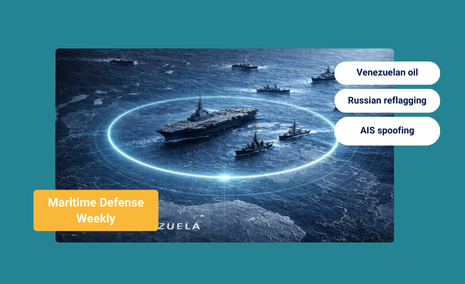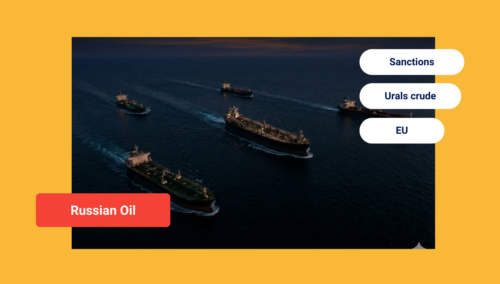
Naval Intelligence
What is Naval Intelligence?
Naval intelligence refers to the specialized branch of military intelligence that focuses on the collection, analysis, and dissemination of information related to maritime environments, including oceans, seas, and coastal areas. It serves multiple strategic and operational needs of a navy, ranging from tactical missions to broader defense and security planning.
Here’s a more detailed look at the scope and functions of naval intelligence:
- Strategic analysis: naval intelligence officers analyze the capabilities, movements, intentions, and activities of foreign navies, pirate operations, and potential maritime threats. This analysis supports naval strategy and policy-making, helping military leaders make informed decisions about defense posture, fleet deployment, and maritime security.
- Operational support: in the context of specific naval operations, naval intelligence provides essential data on enemy positions, movements, and vulnerabilities. This information is critical for planning and executing military operations, ensuring that naval forces have a tactical advantage.
- Threat assessment: naval intelligence continuously assesses maritime threats, including from state and non-state actors, such as terrorists and pirates. These assessments help in securing national and international waters, protecting shipping lanes, and safeguarding economic interests tied to maritime trade.
- Support to fleet readiness and security: naval intelligence provides the information necessary to maintain operational readiness and to protect the nation’s fleet and maritime infrastructure from potential threats, or espionage activities.
Naval intelligence is vital for maintaining maritime awareness, supporting naval operations, and ensuring maritime security both in peacetime and during conflicts. Its roles are integral to the strategic capabilities of any country with significant naval assets and maritime interests.

What Role Does Naval Intelligence Play in Maritime Safety?
Naval intelligence safeguards maritime interests by providing actionable insights into potential threats. By leveraging advanced technologies and strategic analysis, naval intelligence agencies monitor maritime activities, identify suspicious behavior, and mitigate risks to ensure the safety of shipping, ports, and coastal regions.
This proactive approach helps to maintain maritime security, protect trade routes, and defend national sovereignty. Naval intelligence also facilitates collaboration among international partners, enhancing maritime domain awareness and enabling coordinated responses to emerging challenges, thereby promoting stability and prosperity in the global maritime domain.
Nigerian Navy Arrests Ghanaian Vessel with 2 Million-Litre of Stolen Crude Oil
Nigerian Navy Arrests Ghanaian Vessel with 2 Million Liters of Stolen Crude Oil
The Nigerian Navy has recently captured a Ghanaian vessel, the Sweet Miri, under Operation Delta Sanity for alleged crude oil theft. The operation, disclosed by Navy Director of Information Rear Adm. Adedotun Ayo-Vaughan, involved the arrest of 13 crew members consisting of one Ghanaian and 12 Nigerians.
Conducted 174 nautical miles off Nigeria’s coast on February 25, the vessel was intercepted as it headed towards the Benin Republic after disabling its AIS to evade detection. This act violated the International Ships and Port Security Code, leading the navy to classify it as a “vessel of interest.” The Navy’s Maritime Domain Awareness infrastructure, detecting the vessel’s suspicious behavior, directed two naval ships on patrol to further investigate the situation.
The use of predictive analytics in maritime operations is becoming essential, not just for tracking individual suspicious behaviors, but also understanding the broader narrative these behaviors create when analyzed together. Technologies such as Windward’s Maritime AI™ allow for the effective prioritization of surveillance and interdiction efforts, ensuring that navies can efficiently allocate resources and respond to threats. This incident underscores the evolving nature of maritime risks and the importance of advanced analytical tools in safeguarding global maritime activities.











